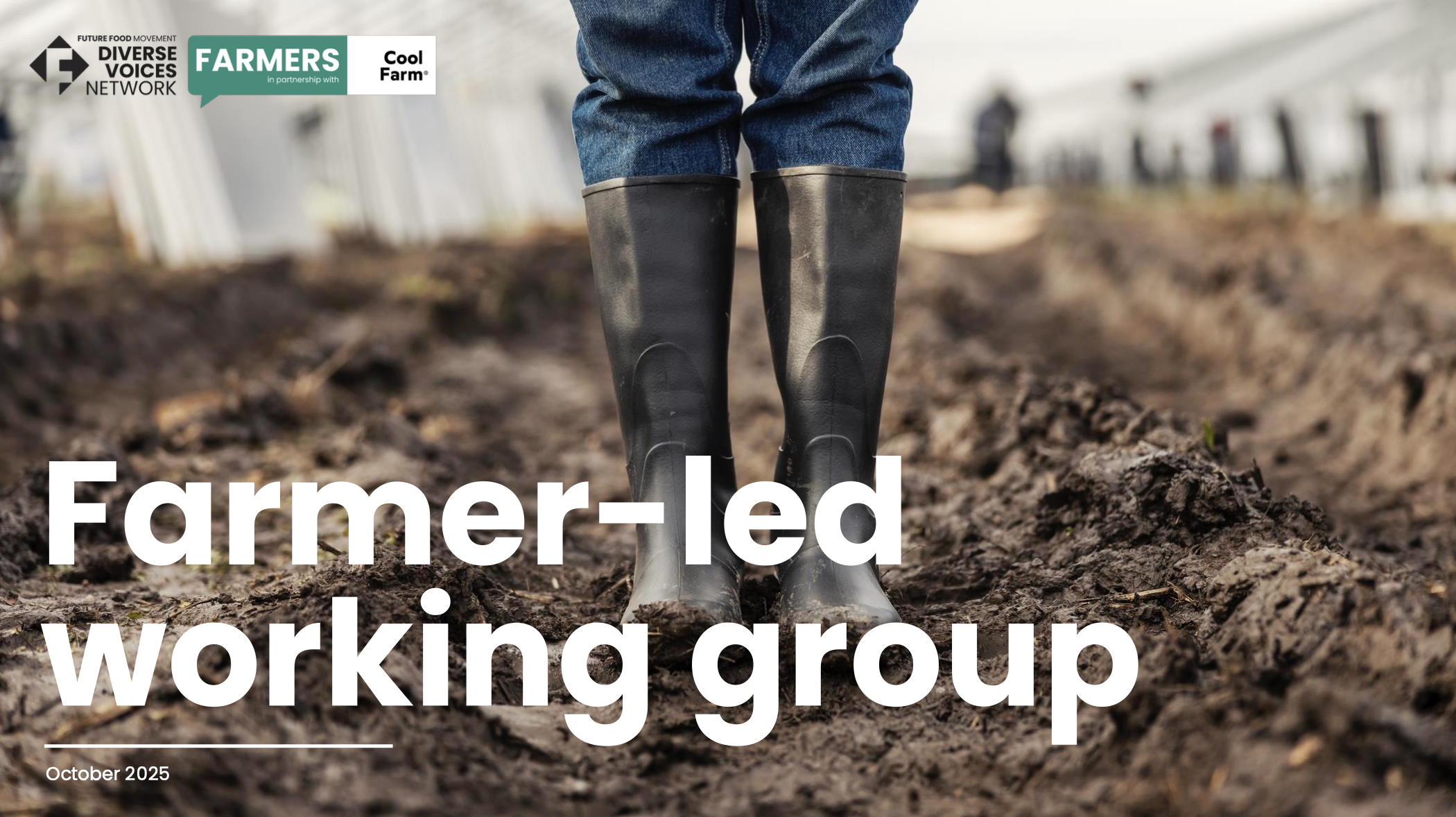October 2025: The Real Risk Hiding in Our Supply Chains
“Over two years I've listened to farmers at breaking point. Here's what I've learned: growers will adopt new systems and shift practices, but only when they have the confidence to do so. That confidence comes from security. Security comes from commitment. And commitment means contracts longer than a single season.
Your supply chain has a structural fracture: farmers shoulder risk while delivering your climate, nature and nutrition targets. This model is breaking.
The cost to your business:
Potential supplier loss in 24 months
Increased procurement costs from constant supplier churn
Delayed or failed sustainability commitments
Regulatory exposure as TNFD/TCFD reporting intensifies.
We know from our work with businesses that resilience of supply chains is a live challenge and increasing pressure. The brutal reality: procurement teams are measured on price, ESG teams on delivery, and the two rarely meet. That's how we end up with a business model that looks stable on paper but is quietly eroding the foundations it depends on.
But here's what gives me hope: the solutions already exist, they work commercially, and early movers are gaining competitive advantage.
First Milk decouples a portion of farmer income from milk litres and links it to field margins and herbal leys. Result? Transitions that become self-sustaining within 6-7 years. Wildfarmed gives arable farmers guaranteed prices. LePrino embeds 2.5p per litre (6% of milk price) directly to farmers for sustainability.
The pattern is clear: longer contracts + transition funding + co-designed standards = growers who can adopt the changes we're asking for.
If you're ready to rethink your procurement model to move from price pressure to genuine partnership, Future Food Movement can help. We're working with businesses to redesign contracts, embed transition funding and co-create standards that work on the ground.
Let's build procurement systems fair enough to last, and secure enough to enable the transitions that the food system demands.”
Kate Cawley
Founder and Managing Director, Future Food Movement

